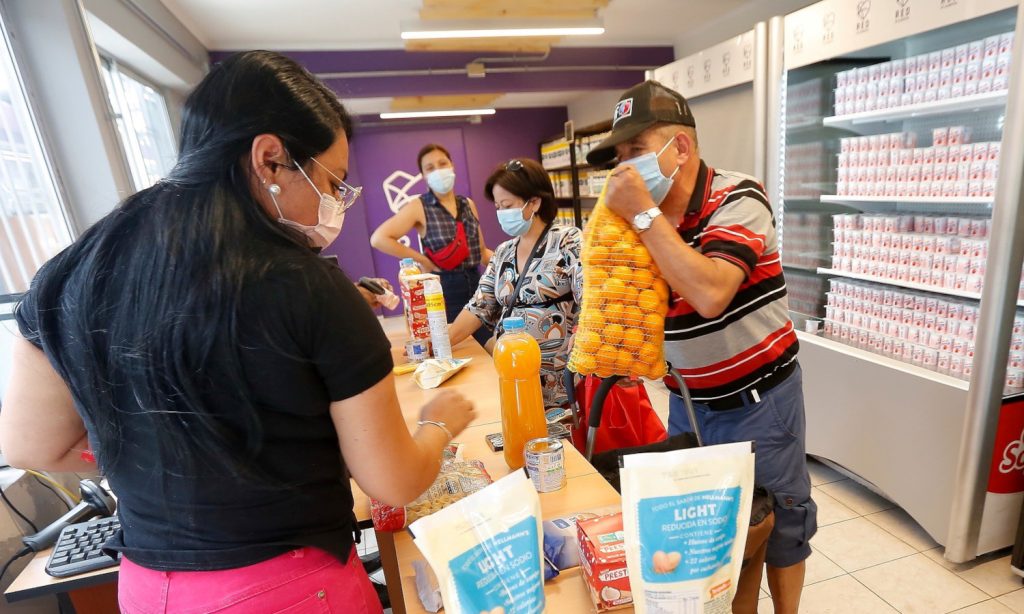Food banking represents an essential position in addressing food insecurity by redistributing surplus food to those in need. These businesses typically acquire food donations from various resources such as food markets, food suppliers, farmers, and people, and then deliver it to neighborhood agencies, including food pantries, soup kitchens, and shelters. Food banks function as intermediaries between food donors and charitable agencies, efficiently coordinating the collection, storage, and distribution of food to ensure it reaches people who want it most.
One of the major objectives of food banking is to lessen food spend by redirecting surplus food that could usually visit landfill towards feeding eager persons and families. Food banks recovery delicious but surplus food that may be nearing its termination day, has cosmetic problems, or is excess to the requirements of shops and manufacturers. By diverting that food to persons experiencing starvation, food banks help reduce the environmental affect of food waste while concurrently handling the demanding issue of food insecurity.
Food banking operates on the principle of food healing, which involves collecting surplus food that is still safe and nutritious for consumption but would usually go to waste. This process not only gives crucial nourishment to those in need but also increases the using important resources, including water, energy, and job, that enter providing food. By rescuing surplus food and redistributing it to vulnerable populations, food banks enjoy an essential role in promoting sustainability and reducing the carbon footprint of the foodstuff system.
In addition to approaching immediate starvation wants, food banking agencies frequently perform collaboratively with neighborhood companions to implement long-term solutions to food insecurity. This may involve giving nourishment education, preparing courses, work education, and other support solutions directed at empowering people and families to become more self-sufficient and food secure. By handling the main reasons for starvation and poverty, food banks donate to developing healthiest, more strong communities.
Furthermore, food banking depends greatly on the support of volunteers, who enjoy a crucial role in selecting, supplying, and circulating food donations. Volunteerism is in the centre of food banking, with individuals from all guides of living dedicating their time and energy to simply help feed their neighbors in need. Through their combined attempts, volunteers produce a tangible difference in the lives of numerous people and families experiencing food insecurity.
The COVID-19 pandemic has underscored the significance of food banking in instances of crisis. With widespread financial disruptions and job failures, huge numbers of people around the globe have faced improved food insecurity. Food banks have reacted to this heightened need by ramping up their procedures, growing distribution sites, and participating with government agencies, nonprofits, and different stakeholders to ensure food reaches these most afflicted with the crisis.
Despite their priceless contributions, food banks experience numerous difficulties inside their quest to alleviate hunger. Restricted funding, inferior infrastructure, بنکداری مواد غذایی limitations, and unstable food donations are among the obstacles that food banking agencies should navigate. Also, food banks should contend with systemic issues such as for instance poverty, inequality, and food deserts, which contribute to consistent food insecurity in many communities.

In summary, food banking represents a crucial role in handling hunger and food waste by rescuing surplus food and redistributing it to these in need. These companies offer as vital lifelines for thousands of individuals and individuals experiencing food uncertainty, giving necessary nourishment and support throughout occasions of crisis. Through their collaborative attempts, food banks support construct stronger, more strong neighborhoods and function towards the next wherever no body goes hungry.

Leave a Reply